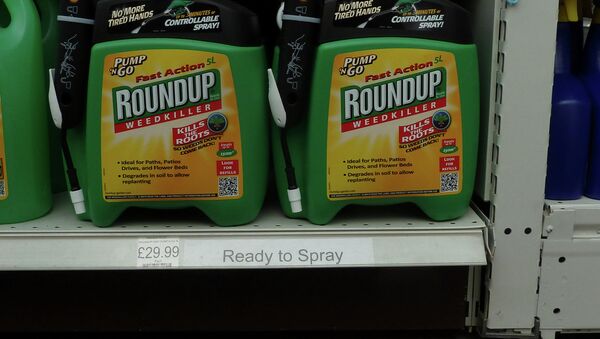On Tuesday, nearly 100 people at an elementary school in Northern Peru were made violently ill when a plane fumigating nearby fields released weed-killer.
Reports stated that 92 school children and 3 teachers were exposed to the dangerous herbicide glyphosate, the active ingredient in US biotech giant Monsanto’s best-selling product, Roundup.
A health official in the municipality of Nepena said at a news conference that children in the school suffered a range of symptoms, including extreme vomiting, fainting, stomach pains, and headaches as a result of the exposure.
Researchers at the World Health Organization’s International Agency for Research on Cancer have established that glyphosate is carcinogenic; a charge denied by UN officials.
The controversial herbicide, first developed and patented by Monsanto, is used not only in the company’s genetically-modified Roundup Ready produce, but also as a ripening agent for sugar cane.
Tuesday’s incident involved the latter, as a crop duster sprayed an adjacent sugar-cane field owned by Peruvian agricultural giant Grupo Gloria without a necessary municipal permit.
Food safety advocates have repeatedly called for the herbicide to be banned until additional data on the health risks of exposure is compiled, but the US Food and Drug Administration has repeatedly countered efforts to ban the substance.
The US position, adopted by Peru as a condition of a free-trade agreement, claims that a substance may be used in a food product unless it is proven to be unsafe. America looks to impose a similar mandate on Europe and Asia as part of the TTIP and TPP trade deals, respectively.




